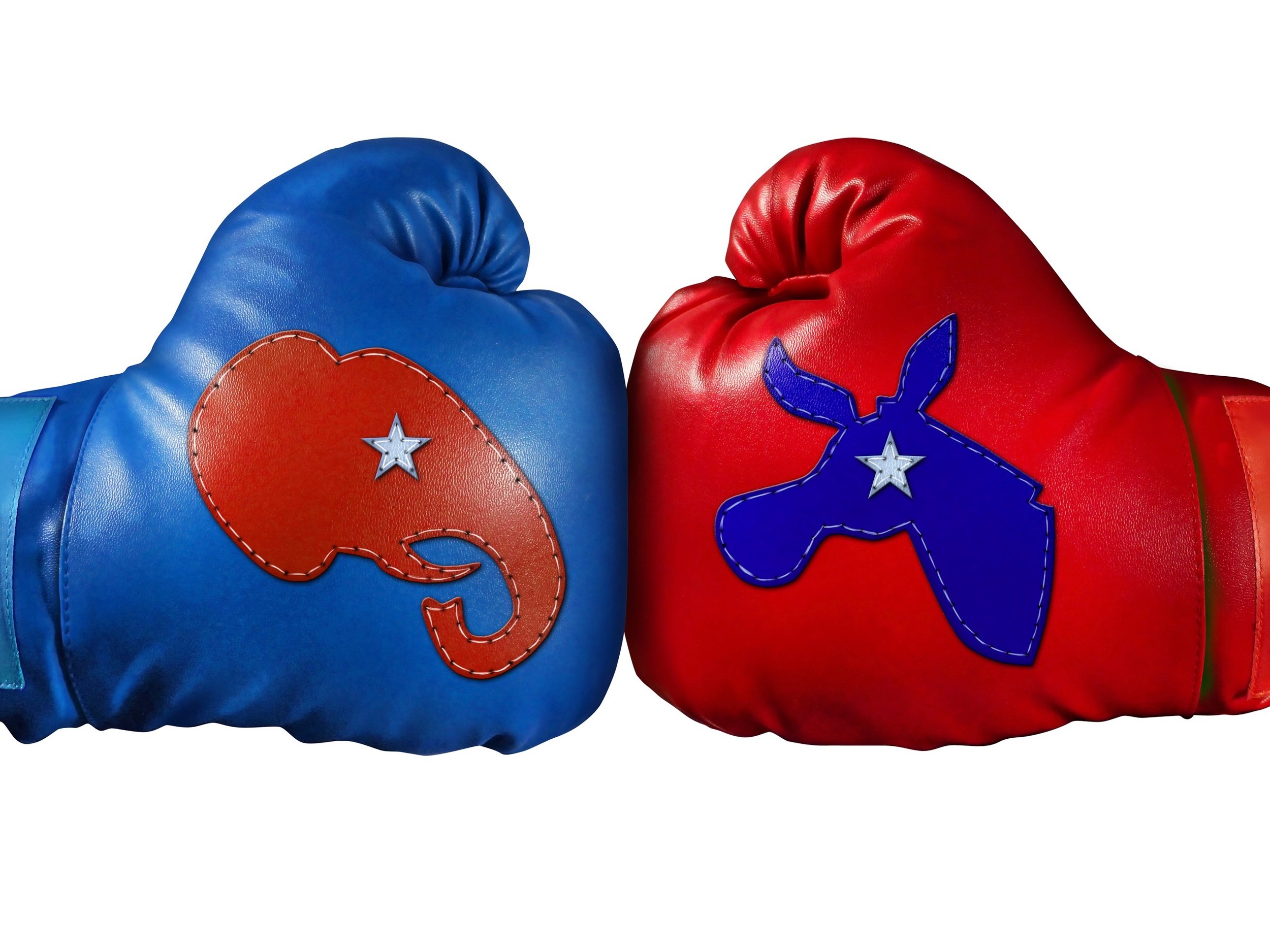Put down the preconceptions
Republicans, Democrats share false impressions about 'the other side'
(Shutterstock)
By Ted Cox
At One Illinois, we've made it our mission to cross the political divide and find unity where others intend to divide us for political gain, but sometimes it helps to take a step back and examine just what it is we're up against.
The FiveThirtyEight website that's grown out of the work of former University of Chicago statistician Nate Silver ran a terrific piece late last month by Perry Bacon Jr. under its running "Secret Identity" column about politics. It took the bold position that "Democrats are wrong about Republicans. Republicans are wrong about Democrats."
That's not exactly the sort of unity we typically look for, but check out the findings.
The piece cited a Pew Research Center poll from last year that found that about 40 percent of both Democrats and Republicans identify by party not because they favor their party's principles, but because they reject what they see on the other side.
The problem there is that what they perceive doesn't match up with the reality — on either side.
According to a previous poll in 2015, Republicans think that about half of all Democrats are African Americans and about half union members. In reality, though, African Americans make up less than a quarter of all Democrats, 24 percent, and union members are far less than that: 11 percent. Likewise, Republicans think that more than a third of all Democrats are atheists or agnostics, and more than a third belong to the gay community. In fact, only 9 percent of Democrats nurse doubts or outright disbelief about the existence of God, and only 6 percent identify as lesbian, gay, or bisexual.
Yet don't get smug, Democrats. The same poll found that Dems think that almost half of all Republicans are seniors, Evangelicals, Southerners, or rich, earning $250,000 a year. In fact, 36 percent of all Republicans are Southerners, 34 percent are Evangelicals, 21 percent are 65 or older, and — get this — only 2 percent of Republicans make $250,000 a year.
Obviously, we've all got a lot to learn about the people on "the other side," with the understanding that there's a lot more that unites us than divides us when we get past the labels of "Republican" and "Democrat."
That's what we continually try to emphasize at One Illinois. The issues that people really care about across the state — education, jobs, roads, health care — are not partisan, but common to everyone.
The "Doonesbury" comic strip made sport of this phenomenon just Sunday, finding that an aspiring candidate shared the same position with voters on health care, the environment, a living wage, consumer protection, and income inequality, only to be rebuffed by those who "support the president."
Fair enough from Garry Trudeau's perspective, but those on the left would do well to remember that not everyone who cast a vote for Donald Trump in 2016 did so because they liked him as a person or for his policies. Rather, many who didn't share in the economic recovery under the Obama administration cast their votes against Hillary Clinton because she was perceived as more of the same, a continuation of the status quo.
An April poll found that 60 percent of Illinois voters disapprove of President Trump. A poll by the Paul Simon Public Policy Institute a month earlier found that a majority of voters disapproved of Trump, Gov. Bruce Rauner, and Illinois House Speaker Michael Madigan.
Again, not the kind of unity we're usually looking for, but it's a start, isn't it?
All we're suggesting is that voters need to consciously work to get beyond their preconceptions and instead focus on the issues we share and agree on: the need for secure employment and health care, good roads and schools, safety and fairness under the law.
It's not too much to ask, not even — or perhaps especially — in an election year.

